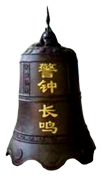|
吴则田
吴则田, 湖北人。 1957年入学,1960年被抽调在系里做行政管理工作。1963年复课加入我们班。 与张连泰一起提前毕业分配到国防部外事局.1976-1986 武汉大学信息管理学院副教授;1981年1月至1982年5月在美国波士顿西蒙大学图书馆与信息研究生院进修信息管理,在哈佛大学进修英语。1990年再次赴美俄亥俄大学进行校际交流。1986任天津工业大学副教授。
其它任职:1993-1996 香港ABB有限公司现场翻译;1997-1999 在深圳高等教育自学考试辅导学院,广东私立华联大学和山东青岛外贸职业学院教授英语。2000至今南开大学成教学院和南开大学校友会科贸专修学院等教授英语和外贸英语等。
  
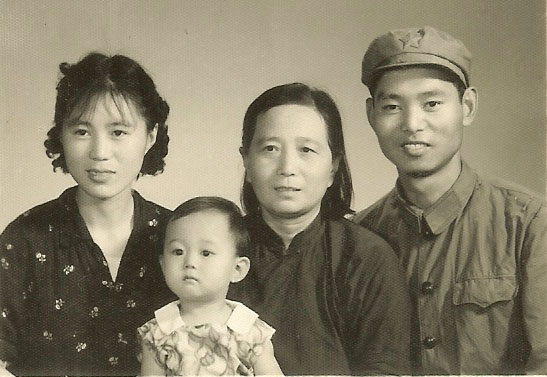
吴则田罗素冰全家
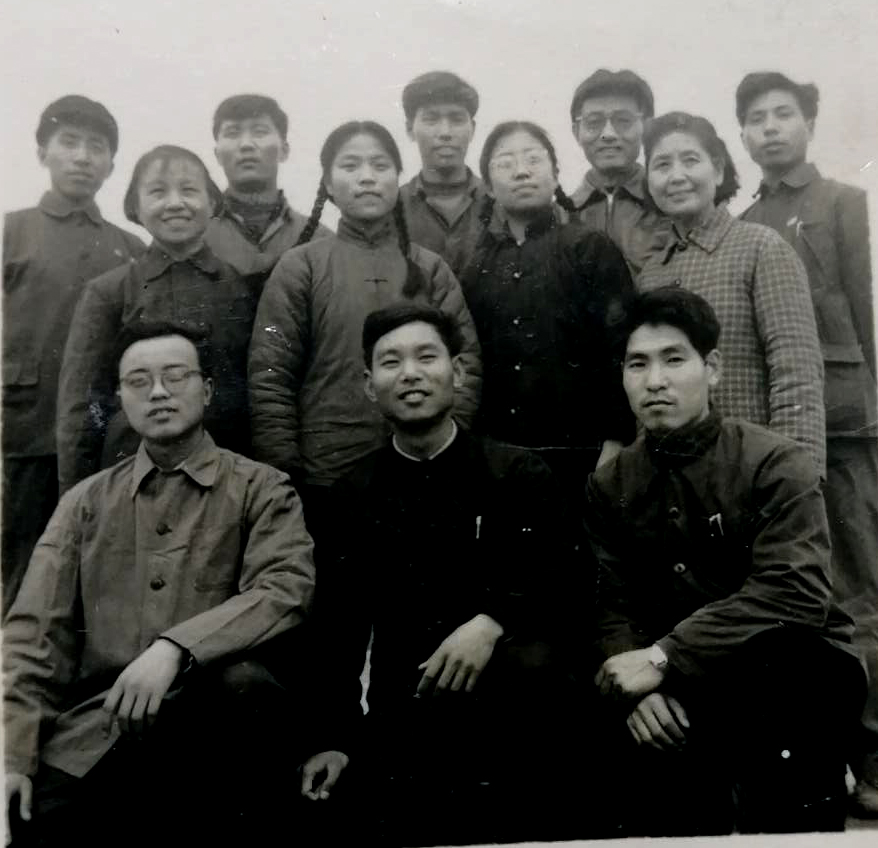
前排左起张连泰、吴则田、刘焕群;二排左起吕玉池团总支书记、王蕴茹、张培华、殷辉老师;三排左起宮自强、朱文俊、刘士聪、金隄老师、佟学龄。
 主要译著和专著 主要译著和专著
1. 译著:
《缩微胶片技术》,书目文献出版社,1982.
《缩微技术》, 书目文献出版社,1982.
《猛醒 -- 通用汽车公司沉浮录》,书号 7-80036-331-7,(美)凯勒著。北京经济日报出版社,1991.(合译者:罗素冰)
2. 专著:
《大学英语短语用法词典》,副主编,经济日报出版社,1992.
《英语短语用法辨析词典》,天津大学出版社,1994.
《新编英语短语用法辨析词典》,书 号 307-07022-6
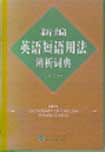
武汉大学出版社,2009.
 吴则田、罗素冰校友散文和摄影作品集 吴则田、罗素冰校友散文和摄影作品集
本人联系电话:13132288347; 13971957125
  
|
English Poet Wilfred Owen (1893-1918) |
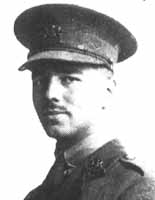
(The photo is in the public domain.)
Wilfred Edward Salter Owen (1893 – 1918) was an English and Welsh poet and soldier, regarded by many as one of the leading poets of the First World War. His shocking, realistic war poetry on the horrors of trenches and gas warfare was heavily influenced by his friend Siegfried Sassoon and sat in stark contrast to both the public perception of war at the time, and to the confidently patriotic verse written earlier by war poets such as Rupert Brooke. Some of his best-known works—most of which were published posthumously—include "Dulce et Decorum Est", "Insensibility", "Anthem for Doomed Youth", "Futility" and "Strange Meeting". His preface intended for a book of poems to be published in 1919 contains numerous well-known phrases, especially "War, and the pity of War", and "the Poetry is in the pity".
He was killed in action at the Battle of the Sambre just a week before the war ended, causing news of his death to reach home as the town's church bells declared peace.
 
Dulce et Decorum Est*
by Wilfred Owen |
|
Bent double, like old beggars under sacks,
Knock-kneed, coughing like hags, we cursed through sludge,
Till on the haunting flares we turned out backs,
And towards our distant rest began to trudge.
Men marched asleep. Many had lost their boots,
But limped on, blood-shod. All went lame, all blind;
Drunk with fatigue; deaf even to the hoots
Of gas-shells dropping softly behind.
Gas! GAS! Quick, boys!--An ecstasy of fumbling
Fitting the clumsy helmets just in time,
But someone still was yelling out and stumbling
And flound'ring like a man in fire or lime.--
Dim through the misty panes and thick green light,
As under a green sea, I saw him drowning.
In all my dreams before my helpless sight
He plunges at me, guttering, choking, drowning.
If in some smothering dreams, you too could pace
Behind the wagon that we flung him in,
And watch the white eyes writhing in his face,
His hanging face, like a devil's sick of sin,
If you could hear, at every jolt, the blood
Come gargling from the froth-corrupted lungs
Bitter as the cud
Of vile, incurable sores on innocent tongues,--
My friend, you would not tell with such high zest
To children ardent for some desperate glory,
The old Lie: Dulce et decorum est
Pro patria mori.
* "Dulce et decorum est pro patria mori" from the Roman poet Horace: "It is sweet and proper to die for one's country."
|
|
| |
Insensibility
by Wilfred Owen |
|
I
Happy are men who yet before they are killed
Can let their veins run cold.
Whom no compassion fleers
Or makes their feet
Sore on the alleys cobbled with their brothers.
The front line withers,
But they are troops who fade, not flowers
For poets' tearful fooling:
Men, gaps for filling
Losses who might have fought
Longer; but no one bothers.
II
And some cease feeling
Even themselves or for themselves.
Dullness best solves
The tease and doubt of shelling,
And Chance's strange arithmetic
Comes simpler than the reckoning of their shilling.
They keep no check on Armies' decimation.
III
Happy are these who lose imagination:
They have enough to carry with ammunition.
Their spirit drags no pack.
Their old wounds save with cold can not more ache.
Having seen all things red,
Their eyes are rid
Of the hurt of the colour of blood for ever.
And terror's first constriction over,
Their hearts remain small drawn.
Their senses in some scorching cautery of battle
Now long since ironed,
Can laugh among the dying, unconcerned.
IV
Happy the soldier home, with not a notion
How somewhere, every dawn, some men attack,
And many sighs are drained.
Happy the lad whose mind was never trained:
His days are worth forgetting more than not.
He sings along the march
Which we march taciturn, because of dusk,
The long, forlorn, relentless trend
From larger day to huger night.
V
We wise, who with a thought besmirch
Blood over all our soul,
How should we see our task
But through his blunt and lashless eyes?
Alive, he is not vital overmuch;
Dying, not mortal overmuch;
Nor sad, nor proud,
Nor curious at all.
He cannot tell
Old men's placidity from his.
VI
But cursed are dullards whom no cannon stuns,
That they should be as stones.
Wretched are they, and mean
With paucity that never was simplicity.
By choice they made themselves immune
To pity and whatever mourns in man
Before the last sea and the hapless stars;
Whatever mourns when many leave these shores;
Whatever shares
The eternal reciprocity of tears. |
|
Anthem for Doomed Youth
by Wilfred Owen |
|
| |
What passing-bells for these who die as cattle?
Only the monstrous anger of the guns.
Only the stuttering rifles' rapid rattle
Can patter out their hasty orisons.
No mockeries for them; no prayers nor bells,
Nor any voice of mourning save the choirs,--
The shrill, demented choirs of wailing shells;
And bugles calling for them from sad shires.
What candles may be held to speed them all?
Not in the hands of boys, but in their eyes
Shall shine the holy glimmers of goodbyes.
The pallor of girls' brows shall be their pall;
Their flowers the tenderness of patient minds,
And each slow dusk a drawing-down of blinds |
|
|
| |
Move him into the sun--
Gently its touch awoke him once,
At home, whispering of fields unsown.
Always it awoke him, even in France,
Until this morning and this snow.
If anything might rouse him now
The kind old sun will know.
Think how it wakes the seeds--
Woke, once, the clays of a cold star.
Are limbs so dear-achieved, are sides
Full-nerved,--still warm,--too hard to stir?
Was it for this the clay grew tall?
--O what made fatuous sunbeams toil
To break earth's sleep at all?
|
|
|
Strange Meeting
by wilfred Owen |
|
It seemed that out of the battle I escaped
Down some profound dull tunnel, long since scooped
Through granites which Titanic wars had groined.
Yet also there encumbered sleepers groaned,
Too fast in thought or death to be bestirred.
Then, as I probed them, one sprang up, and stared
With piteous recognition in fixed eyes,
Lifting distressful hands as if to bless.
And by his smile, I knew that sullen hall;
With a thousand fears that vision's face was grained;
Yet no blood reached there from the upper ground,
And no guns thumped, or down the fluies made moan.
"Strange, friend," I said, "Here is no cause to mourn."
"None," said the other, "Save the undone years,
The hopelessness. Whatever hope is yours,
Was my life also; I went hunting wild
After the wildest beauty in the world,
Which lies not calm in eyes, or braided hair,
But mocks the steady running of the hour,
And if it grieves, grieves richlier than here.
For by my glee might many men have laughed,
And of my weeping something has been left,
Which must die now. I mean the truth untold,
The pity of war, the pity war distilled.
Now men will go content with what we spoiled.
Or, discontent, boil bloody, and be spilled.
They will be swift with swiftness of the tigress,
None will break ranks, though nations trek from progress.
Courage was mine, and I had mystery;
Wisdom was mine, and I had mastery;
To miss the march of this retreating world
Into vain citadels that are not walled.
Then, when much blood had clogged their chariot-wheels
I would go up and wash them from sweet wells,
Even with truths that lie too deep for taint.
I would have poured my spirit without stint
But not through wounds; not on the cess of war.
Foreheads of men have bled where no wounds were.
I am the enemy you killed, my friend.
I parried; but my hands were loath and cold.
Let us sleep now ... |
|
Addendum:
|
WILFRED OWEN (1893-1918)
by Colin Ian Jeffery (1942-) |
|
An Englishman and greatest soldier poet of World War One.
Served in the trenches as a Lieutenant and was awarded the
Military Cross. Hospitalised with shell shock back to England
in April 1917, and returned to the trenches in October.
On November 4th 1918, before sunrise, led his platoon to
the West bank of the Sambre and Oise Canal. They came under
German machine gunfire and Own was killed.
In Shrewsbury, England, Armistice bells were ringing when
his parents front-door bell sounded heralding the telegram they
feared for two years,
Young and joyful
He stirred his Muse to sing
Life was sweet
And full of promise.
Came the call to arms
And entering Hell in the trenches
He witnessed things breaking him asunder
And soul ripped and bleeding
Mentally shattered
Was invalidated home.
Back in the trenches
His Muse roared against the gore
Folly and madness of war
Plight of boy solders
Thousands killed in no-man’s land
Sweetest flowers of a Nation destroyed
And briefly his bright candle flickered
Before the raging storm extinguished it.
|
|
FOR WILFRED OWEN 1893-1918
by jerry hughes (1931-) |
|
'When lo! An angel called him out of heaven,
Saying, Lay not a hand upon that lad,
But the old man would not so, but slew his son,
And half the seed of Europe, one by one.'
From: The Parable of the Old man and the Young.
Wilfred Owen
Dead at twenty-five, poet and chronicler
of a war too terrible to contemplate.
Genius touched the soul of one so young
to leave images of terrible desolation, of
youth plucked before their sap had risen.
Amongst them you, young soldier-poet,
to whom I dedicate this 'in memoriam.' |
|
 
|
|
